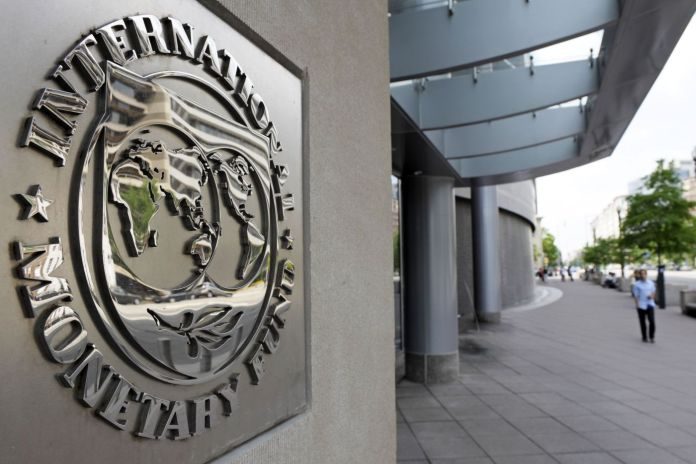MANAGUA, Nicaragua— On February 21, 2020, the executive board of the International Monetary Fund (IMF) concluded the Article IV consultation with Nicaragua.
Since April 2018, social unrest and its aftermath eroded confidence and caused large capital and bank deposits outflows, adversely affecting Nicaragua’s economic activity. Real GDP is estimated to have further contracted in 2019 by 5.7 percent (-3.8 percent in 2018) owing to the deterioration in aggregate demand, strong fiscal consolidation, and sanctions. Inflation is estimated to have increased to 6.1 percent by end-2019 (as compared to 3.9 percent in 2018), as a result of tax measures adopted to partially offset the collapse in revenues and financing. Although the economic downturn translated into a current account surplus in 2018 and 2019, the improvement was fully offset by a reversal in the financial account.
The authorities eased monetary and financial sector policies during 2018 –19 to avoid a downward economic spiral. The Central Bank managed to stabilize the financial sector by introducing repos, reducing reserve requirements, and phasing-in regulatory provisioning. To bring back the deficit from four percent of GDP in 2018 to two percent of GDP in 2019, the government adopted a package of tax and pension reforms in the first quarter of 2019. The authorities announced in October 2019 a reduction in the rate of crawl from five percent to three percent, to signal a commitment to low inflation.
Executive board assessment
Executive directors agreed with the thrust of the staff appraisal. They noted that the authorities’ determined policy response had contained the impact of the fiscal and financial sector shocks in 2018 and 2019. Nonetheless, with domestic and external vulnerabilities persisting, they emphasized the importance of measures to preserve macroeconomic and financial stability and restore confidence. They stressed that commitment to prudent policies will remain important. The careful design and communication of reforms will also be crucial in ensuring their social acceptability. Continued support from development partners, in collaboration with the Fund, will be important.
Directors considered that the fiscal position outlined in the 2020 budget is adequate to support the economic recovery. They underscored the importance of rebalancing public expenditures in the short term to generate fiscal space for spending on social safety nets, critical social programs, and efficient investments. Over the medium term, the fiscal deficit will need to be gradually reduced to ensure sustainability, together with reforms to strengthen the financial position of state-owned enterprises and the pension system. It will be important to strike the right balance to provide enough expansionary impulse to medium-term economic growth. Greater fiscal transparency will be needed in assessing fiscal risks and enhancing fiscal governance.
Directors highlighted the need to increase the international reserves coverage to support the crawling peg exchange regime and restore external buffers. Keeping inflation low while adopting structural reforms to raise productivity will increase competitiveness and resilience to shocks.
Directors welcomed the resilience of the financial sector to recent confidence shocks but called for further efforts to mitigate risks from the elevated level of distressed assets. Enhancing crisis preparedness, strengthening banking sector supervision, and improving institutional coordination for resolution activities, including adequate resources for the financial safety net, would shield the financial system against downside risks. Directors welcomed the reforms to the AML/CFT framework but stressed the need for further efforts to ensure its effective implementation. They also emphasized the importance of addressing governance weaknesses in line with the recommendations of the 2017 Financial Action Task Force.
Directors recommended the steadfast implementation of structural reforms aimed at restoring investors’ confidence and improving the business environment, in consultation with key stakeholders. Strengthening institutions, improving infrastructure, investing in human capital, addressing labor skills bottlenecks, and upgrading technological readiness would improve competitiveness.
Directors urged the authorities to improve the quality and timeliness of economic data with continued Fund technical assistance.





